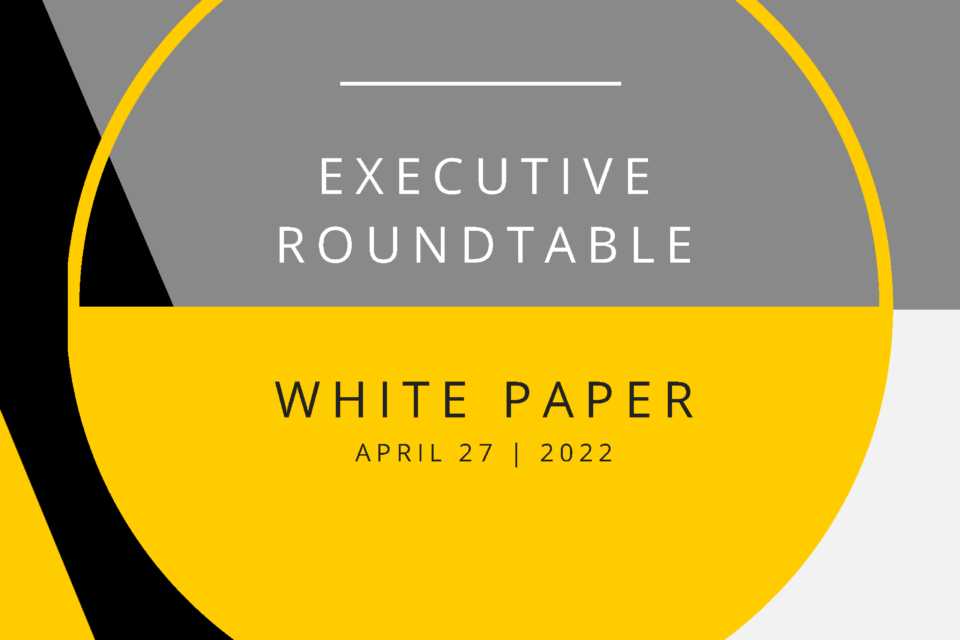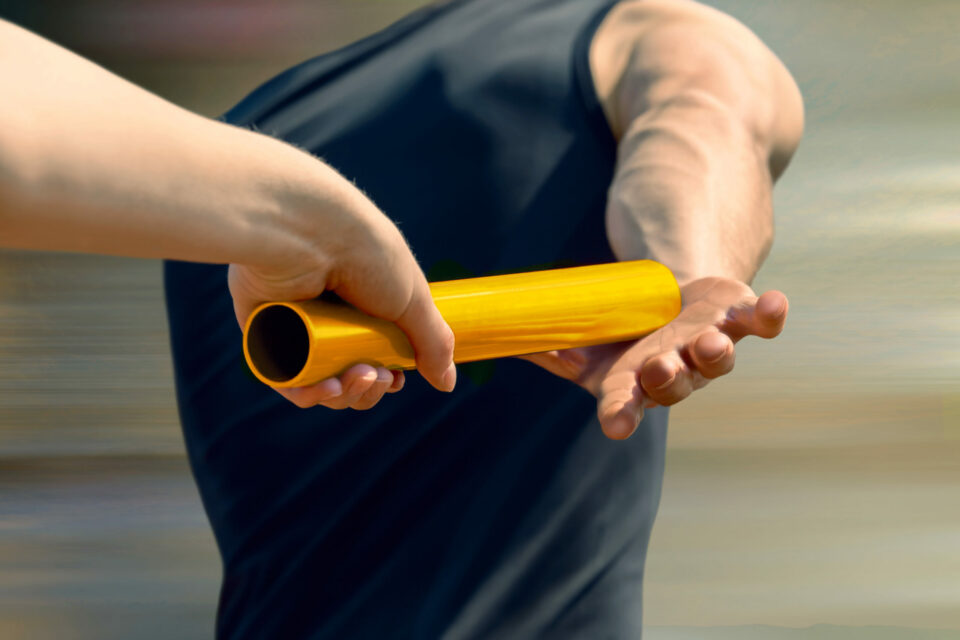Serap Altinisik leads the EU Office of Plan International, an international NGO advancing children’s rights and equality for girls. We spoke to her about what it’s like working as the chief European advocate for this important cause.
Tell us bit more about what your organisation’s mission and vision is?
The purpose of PLAN International is to advance children’s rights by putting equality for girls in the forefront. We strongly believe that by achieving equality for girls, we will ultimately fulfill children’s rights.
Our vision is to see the change happening globally and in order to achieve this, we no longer only tackle issues in silos, but we go deeper and focus on shifting social norms, behaviours and attitudes.
This is what drives us, and we hope that in 2022 we will be able to look back and say that we have changed the lives of 100 million girls for the better.
This also motivates me every morning to go to work. Knowing that PLAN International, as a children’s rights organisation, is really comfortable and confident in saying that we are a girls’ rights organisation and that we believe strongly in a feminist world. This is, of course, very progressive and, while nowadays it may also be quite fashionable, PLAN International did and say it also when it was not.
You joined Plan International about a year ago. What would you consider your most inspiring moment in the organisation so far?
Two particular examples come to my mind:
- The European Development Days, which I attended two months into my role as Head of PLAN International’s EU office. It was inspiring to attend high level bilateral meetings with leaders from the UN, EU and national authorities, to witness my colleagues from across the world present their impactful work and to see how much this organisation is respected and valued by the international community.
- The second moment was the launch of our global campaign “Girls Get Equal”. I was very proud that PLAN International, as a truly international organisation, decided to launch its global campaign in Brussels. This campaign was designed by young activists from our Youth Advisory Council and seeing how much creativity and smartness these young leaders brought to the discussion and how they fight for equal rights touched me a lot.
You have touched upon an interesting point mentioning the launch of your global campaign in Brussels. Do you think there is space for Brussels to be the main hub for global organisations?
Absolutely, Brussels is definitely a global actor. Of course, not everything is perfect in the EU and, looking at politics these days, I also ask myself sometimes why aren’t we “walking the talk”. However, while there still is a long way to go for us when it comes to human rights and gender equality, Europe actually does pretty well in comparison to many other regions. It remains as a role model and it has the weight to influence things for the better.
You have spent most of your professional career in rights-based organisations. How do you keep the balance between feeling naturally emotionally involved, and not letting the cause impact your professional and personal well-being?
Well-being is an important issue these days – across sectors. In the NGOs, we tend to self-exploit because we believe in working for a good cause, we have to. However, we should ensure we take time to recover and give time and space to our colleagues and teams to do the same. I don’t think there is a one-size fits all solution. It very much depends on the organisation and on one’s personality.
There are a few things that work for me. First of all, I love to see the impact of what we do. For example, PLAN International manages a project in Nigeria where in only 6 months we managed to get over one thousand young girls who had directly or indirectly suffered from the terror spread by Boko Haram to get enrolled to school again. It gives me great energy because I can tell myself I have contributed to this positive change.
Secondly, I recharge my batteries when I spend time with my loved ones and through laughter. Even though we see so much trauma and so many horrifying things, I believe it is important to give yourself permission to still live your life and to laugh. It is also important to take time off, travel and enjoy life without feeling ashamed, which I think is a common issue in our sector.
You have lead teams in different organisations throughout your career. What does it mean for you to be a leader?
What I have learnt over the years is to see everyone as a leader in their own capacity. The first thing to realise when you are a leader is that not everything is up to you and you are not an expert in everything.
I strongly believe in the leadership of my team members who are experts in their respective fields. In fact, I very rarely question their expertise. However, I set clear rules on attitudes and behaviours. If someone behaves in a way that goes against our values and principles, I intervene promptly. It is important to clarify such situations and communicate clearly, as well as demonstrate with my own behaviour what is acceptable in the organisation and what isn’t.
For me, a leader is a facilitator, able to join the dots and give space to others at the right moment.
In a world with so many emergencies and pressing issues, what do you think is key for an NGO to lead a successful advocacy campaign?
I believe NGOs need to focus on a few different dimensions in their advocacy efforts.
There are policy issues that require tackling during bilateral meetings, through specific proposals or by amending the draft policy proposals already on the table. Then, there is an important campaign element, which needs to be approached very strategically to ensure it actually helps you and doesn’t endanger your ultimate cause, for example, by putting potential key change makers in a difficult position. Finally, one needs to remember about communication. PLAN International is very good at it by developing messaging centrally and highlighting our projects’ impact in different regions.
We are also currently exploring how we can best support youth activism and emerging movements.
You mentioned that PLAN International’s approach to advocacy globally is working on changing social norms and behaviours rather than focusing on issues only.
Could you provide some examples?
We are currently working on the new Multi-Annual Financial Framework because we know that where the money is, true impact is also possible. A successful advocacy campaign for us would be to see the new 7-year EU budget that benchmarks strongly gender equality. Not just mainstreaming the issue
but putting the money into projects that clearly focus on gender equality with its diversity of subthemes, such as girls’ rights.
Another example could be the work we do on opening spaces for young women and girls to be able to raise their voice and to be taken into consideration. We have been discussing with Mara Marinaki, EEAS Principal Adviser on Gender, on a possibility for her to hold dedicated and intentional meetings with young women when she travels across the world. Seeing this in practice would be a wonderful concrete example of building a paradigm shift.
If you could have one wish for Europe, what would that be?
I would really love to see a 50/50 Europe one day – led by women and men in a truly equal and positive, constructive manner. I truly hope that the traits women and girls bring in how they communicate, negotiate and behave are seen as a precious and new way of leading. I would simply wish that Europe acts to ensure that women and men, girls and boys are equally represented everywhere and have an equal impact on decision-making thus we see equal outcomes for girls and women.


